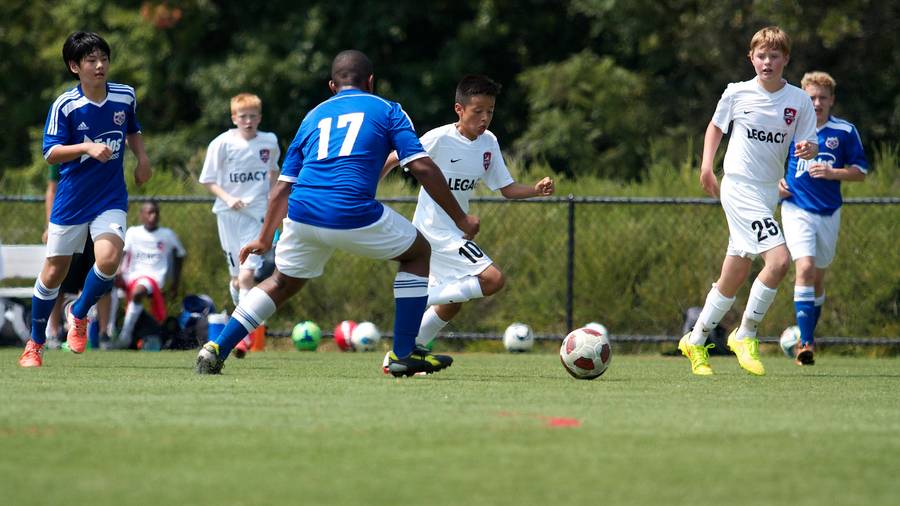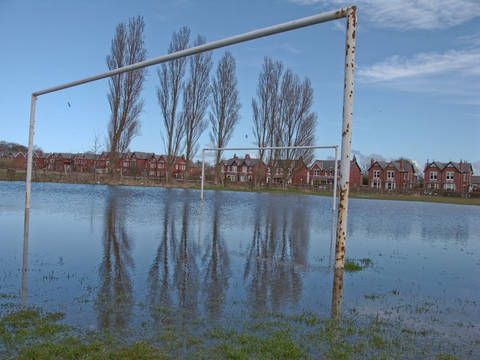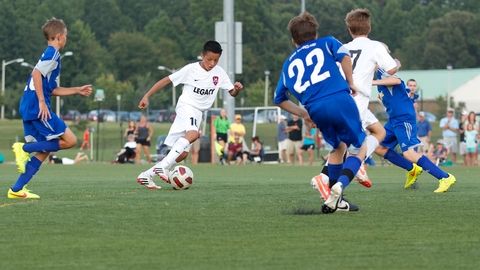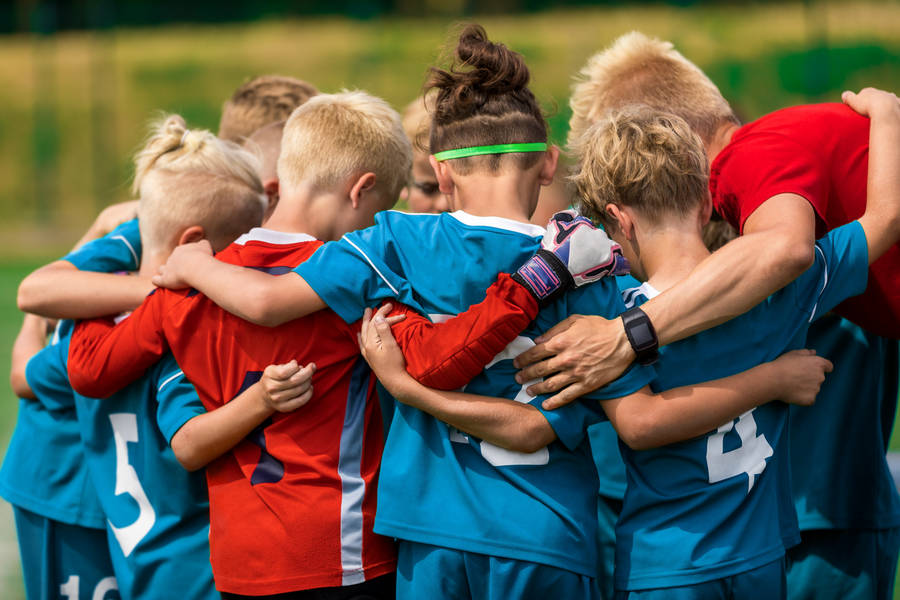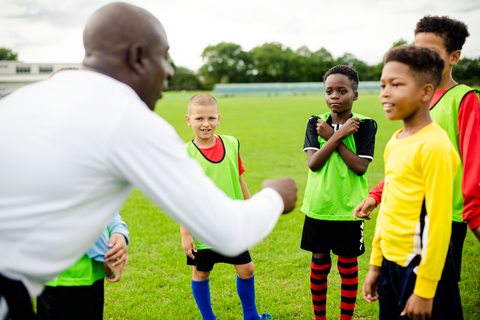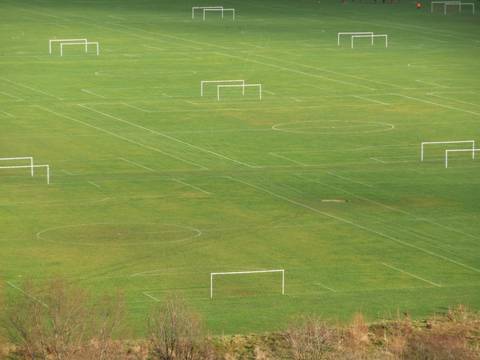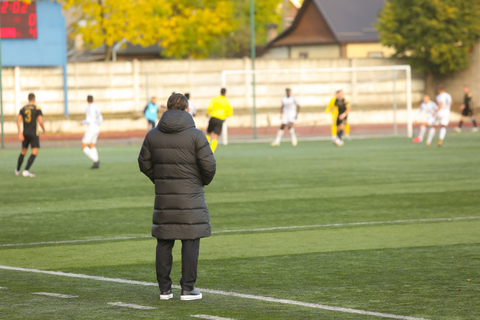Soccer is not just about chasing a ball around a field; it is a crash course in real-world survival skills disguised as a sport. From teamwork to time management, students who step onto the pitch often leave with much more than sweat-soaked jerseys. These lessons spill over into studying, homework, and even tackling those never-ending college assignments.
Think about it: school is filled with theory. You learn formulas, grammar rules, and the joys of late-night cramming. Soccer, on the other hand, throws you into unpredictable situations where quick decisions and strategy determine whether you’ll score or be scored on. It’s like real-life problem-solving—only with shin guards.
For students, sports can be just as educational as textbooks. Whether you’re juggling assignments or balancing practice sessions with school deadlines, soccer helps sharpen discipline and teaches that success comes from consistency, not shortcuts. And, as many have discovered, the teamwork learned on the field can be the secret weapon in group projects and college clubs.
Even writing platforms like Essaypro emphasize how valuable time management and cooperation are for students. Soccer builds those exact skills, providing a foundation for not only academic success but also lifelong adaptability.
The Classroom Meets the Pitch: Why Soccer Is a Teacher Too
Learning Beyond Books
School teaches facts; soccer teaches application. When students learn to pass, strategize, and anticipate opponents, they are effectively practicing analytical skills in motion. Instead of solving word problems, they’re solving real problems—like “how do I get past this defender without embarrassing myself?”
Assignments might train your brain to work through structured questions, but soccer trains you to deal with unpredictable outcomes. That blend of preparation and adaptability is a skill every college student needs when exams take an unexpected twist.
Discipline and Responsibility
Homework deadlines mirror the discipline required in soccer practice. Show up late, slack off, or forget your gear, and you’re letting the whole team down. Similarly, missing deadlines in school doesn’t just affect grades; it impacts overall learning. Students who internalize responsibility on the field carry it into their studying habits.
Teamwork: The Secret Sauce
Collaboration in Action
No matter how talented a single player is, soccer is still a team game. Students learn that passing the ball is often smarter than hogging it—just like dividing tasks in group assignments. In both cases, collaboration leads to smoother success.
This translates directly into school life. When working on a college project, teamwork means listening, compromising, and sometimes running the “defense” so someone else can shine. These lessons can’t be found in textbooks—they are earned on the field.
Communication Skills
Soccer without communication is chaos. A quick shout, a signal, or even just eye contact can change the flow of a match. Students who master communication on the pitch often become better presenters, collaborators, and leaders in the classroom.
Resilience and Problem-Solving
Bouncing Back from Defeat
Losing a soccer match stings. But that pain teaches resilience, which is far more valuable than a single win. Students realize that failure is not the end; it’s feedback. That same mindset helps when a tough exam or difficult homework assignment feels like a loss.
Thinking on Your Feet
In soccer, strategies change mid-game, just as students often need to adjust study habits when a method doesn’t work. Quick problem-solving is a life skill that blends seamlessly with both academics and personal growth.
Balancing Books and Balls
Time Management
Balancing school, studying, assignments, and soccer practice is like walking a tightrope. Students learn to prioritize tasks, plan ahead, and avoid procrastination. Managing both soccer and schoolwork effectively often sets students apart as highly organized individuals.
Stress Relief Through Play
Soccer isn’t just about skill-building; it’s also therapy. With exams looming, homework piling up, and college pressures mounting, playing soccer gives students a mental reset. The endorphin rush is often the difference between burnout and balance.
Life Lessons Kicked into Shape
Here are some standout life skills soccer teaches students:
-
Teamwork: Learning that success depends on cooperation.
-
Discipline: Showing up consistently, both on the field and in school.
-
Adaptability: Adjusting strategies when the unexpected happens.
-
Leadership: Taking responsibility and motivating others.
-
Resilience: Recovering quickly after setbacks.
-
Time Management: Balancing studying, assignments, and practice sessions.
Each of these skills proves invaluable not only in academics but also in future careers. Employers, professors, and even peers respect students who can balance teamwork with personal growth.
Conclusion
Soccer is more than a sport; it’s an education in disguise. Students who play not only improve their physical health but also pick up essential skills like teamwork, resilience, and time management—skills that school often struggles to teach. With soccer, the lessons continue long after the whistle blows.
So, if you’re a student juggling homework, college assignments, and life, grab a ball and hit the field. You might just learn more than you expected—and if the workload gets too heavy, remember you can always check out top essay resources to lighten the load.



